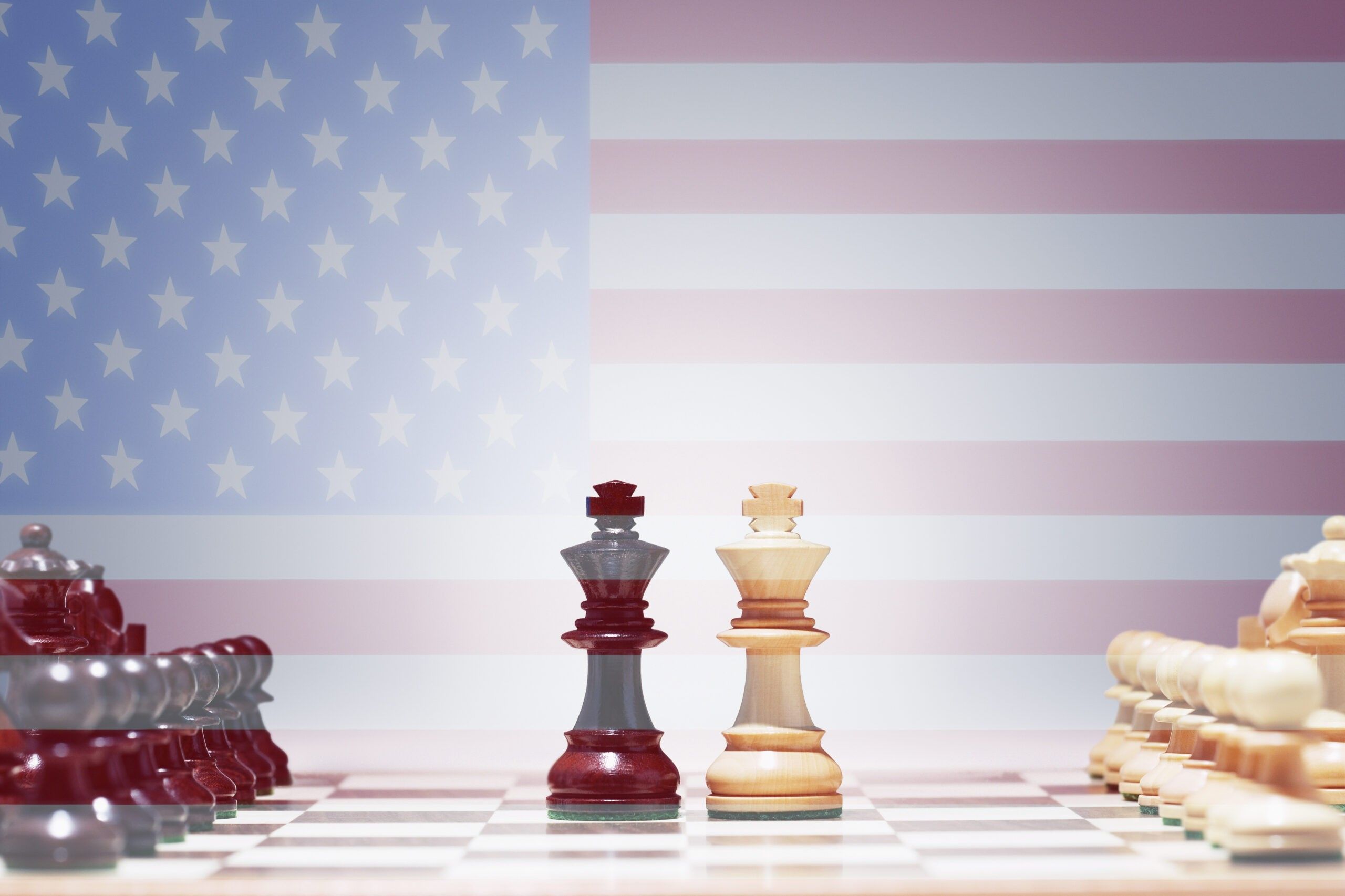
Exploring ‘resolute restraint’ as an alternative to liberal internationalism – Responsible Statecraft
The future of the liberal international order is once again up for serious debate. On one side of that debate are those who call for its restoration in the face of Chinese revisionism, Russian revanchism, and the general rise of illiberalism around the world. Whether in the pages of the recently released U.S. Interim Strategic Security Guidance or those of journals like Foreign Affairs or Foreign Policy, calls for restoratio imperii — the restoration of the world order built by the victorious United States in 1945 but most fully realized during the post-Cold War unipolar moment — are to be found in abundance. While restorationists differ on any number of details, they share three defining beliefs: that the postwar order was built on firmly liberal foundations by a benign liberal hegemon, the United States; that the founders of the liberal international order built better than they knew, bequeathing to subsequent generations a set of norms, institutions, and rules that promoted not only peace and prosperity, but freedom as well; and that they built so well that the liberal order is with us yet, though somewhat worse for the wear these days and now in need of a serious makeover. They also generally agree that the United States would be best served by a grand strategy of liberal internationalism — a strategy of actively defending that order through military primacy and deep engagement around the world
On the other side of the debate, there are those who are deeply skeptical of both the so-called liberal international order and the strategy of liberal internationalism necessary to sustain it. For these “classical realists,” the postwar order was not particularly liberal and its American progenitor not particularly benign. Rather, the mislabeled liberal order was less an artefact of benign liberalism than of great power assertiveness, imperial logic and mercantilism. On this view, the United States’ postwar grand strategy was not one of upholding and defending a benign liberal order but of forcibly ordering a world according to its national interests and imperial vision. The result was a genetic disposition to military interventionism, covert action, nuclear brinkmanship, economic coercion, diplomatic bullying and imperial overstretch — all inevitably framed as lesser evils in the service of a greater, liberal good. Their preferred alternative strategy is one of restraint — a reduced military engagement around the world in the service of less ambitious strategic goals.






















